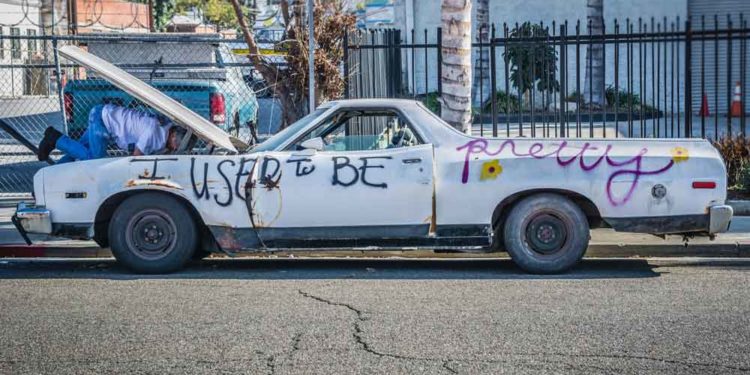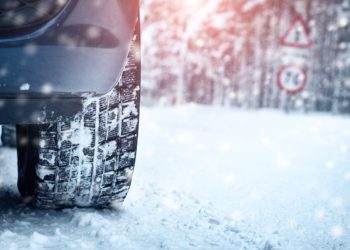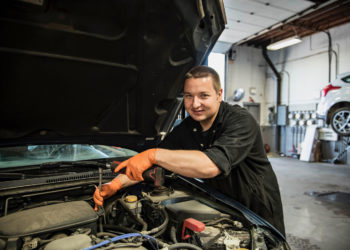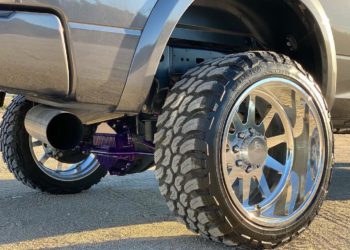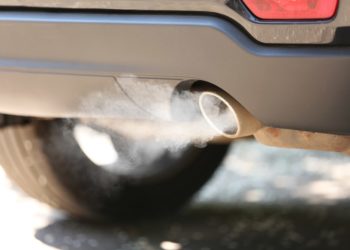It can be difficult to purchase a used car. It can be stressful to spend a lot on a car and then find out that it needs extensive repairs. While you want to make smart decisions, not everyone can be a car expert. Sometimes issues don’t show up during a test drive. It’s helpful if the previous owner has a report on the vehicle’s history. However, this is not always the case.
This is our checklist for buying a used car. This checklist is for everyone, regardless of their mechanical knowledge.
Visual checks
You should inspect the vehicle thoroughly, even if you aren’t sure of what is going on underneath.
Begin with the car’s body. Take a look around the car to see if there are any panels that appear slightly different from the rest. One panel that is different from the others indicates that it has been repainted. This could indicate that the vehicle was involved in an accident. After-market paints tend to fade faster than factory paint. A vehicle that has been in an accident is not necessarily a problem, but it is a sign of a poor owner.
Look under the hood. Check for rusted or dirty parts. Even if your knowledge about cars engines is limited, a clean vehicle should be rust-free. As part of your car buying checklist, you can inspect the door locks and wheel wells for any rust.
Sound Checks
You can sometimes diagnose a problem with a car by its unusual sounds. To get a better feel for the car’s performance, test drive it on a freeway. Also, pay attention to how the car handles when changing gears or turning sharp corners. These sounds are not healthy and common in cars. These sounds could indicate that there are several problems with your vehicle. It is possible to decide whether you want to purchase a vehicle that may need repairs, but it is important to have the vehicle inspected by a professional mechanic before making any major decisions.
You can smell the checks
Unusual or bad smells may indicate a problem when purchasing a used vehicle. These are common signs that you should be concerned about:
- If you smell burning rubber, it could be a sign that your belts are not properly secured or are slipping. This could happen because they rub against the drive pulleys, causing the burning smell. This smell could also indicate that something is wrong with your brakes.
- Oil leaking from the exhaust could be detected by a burning or hot oil odor. After your test drive, you should inspect the underside of the car for oil splatters or smoke. Also, inspect the driveway of the seller for obvious oil leaks.
- Gas smells could indicate a leak in your fuel tank or injector lines.
- It could be engine coolant leaking if you detect a sweet odor.
- Vehicle emits an exhaust smell. Leaky exhaust is likely to cause a vehicle to smell like exhaust while it is being driven. Carbon monoxide, which can lead to brain damage and even death, could be a major hazard.


